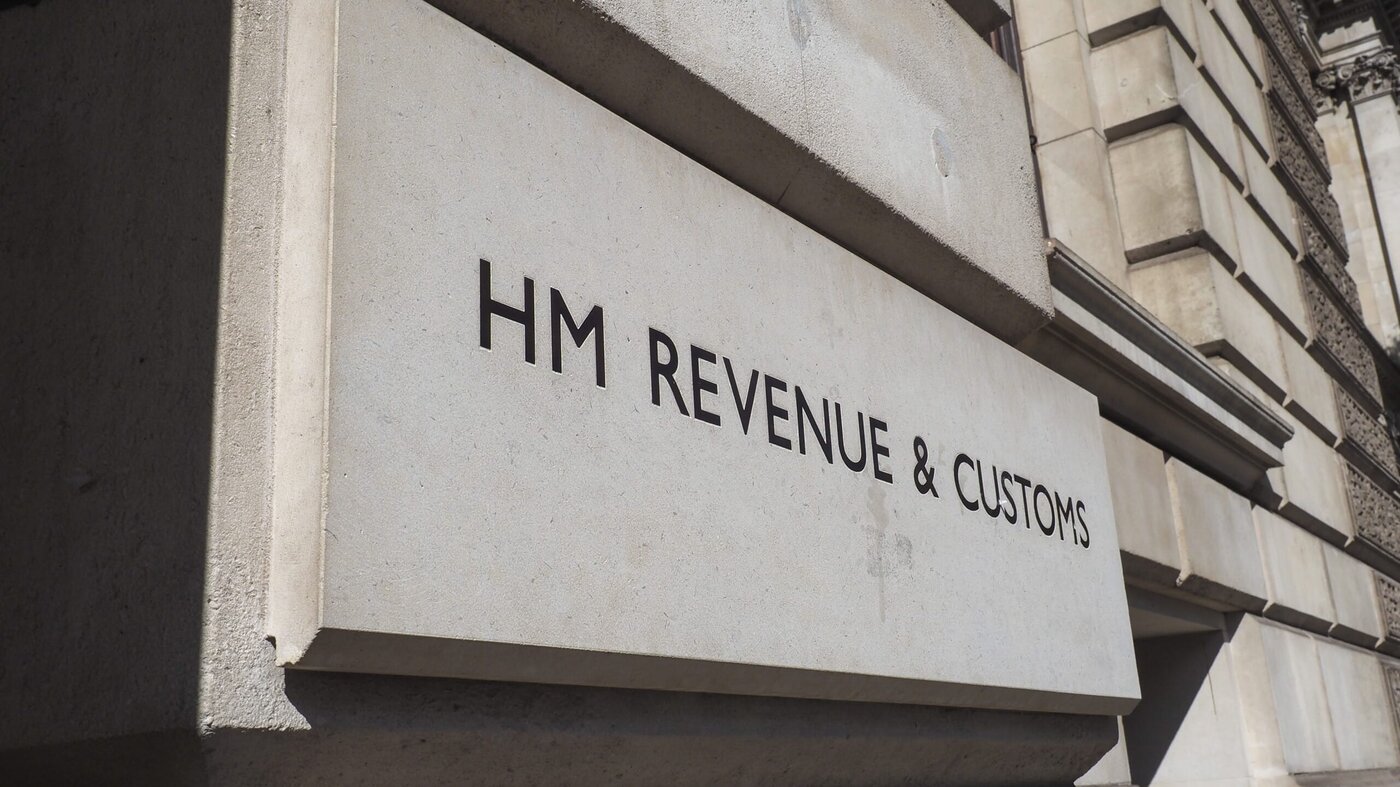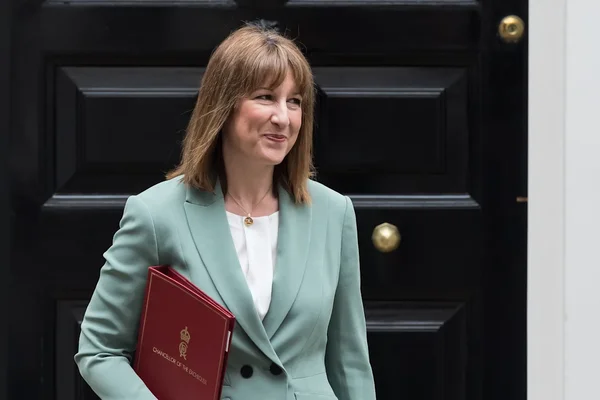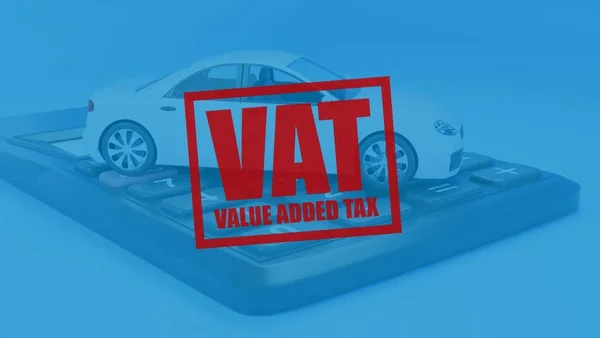Introduction
HM Revenue and Customs (HMRC) has issued a fresh warning to self-employed individuals across the UK as the Self Assessment deadline approaches.
The government body is urging millions of taxpayers to file their returns before January 31, 2026, or risk facing financial penalties that start at £100 and escalate rapidly with further delays.
With just 100 days left until the official deadline, HMRC is encouraging people to act early to avoid last-minute stress and ensure accuracy in their submissions.
Officials have also highlighted that most taxpayers can file their returns online, making the process faster and more convenient than ever before.
100-Day Countdown to Deadline
On social media platform X (formerly Twitter), HMRC reminded taxpayers of the ticking clock, stating: “There are 100 days to go until the #SelfAssessment deadline. Watch our video below to hear how getting ahead and filing your tax return early could help you.”
Myrtle Lloyd, HMRC’s Chief Customer Officer, echoed the message, saying: “With 100 days to the Self Assessment deadline, now is the time to get started. Completing your return now means you know how much tax you need to pay ahead of the deadline. We are here to help with lots of support and advice just search ‘file a tax return’ on GOV.UK to find out more.”
Filing early not only allows self-employed workers to budget for their payments but also helps avoid system bottlenecks that occur in January when millions attempt to file at once.
Penalties for Missing the Deadline
HMRC has warned that anyone who fails to meet the January 31 deadline will automatically face a fixed £100 fine, regardless of whether tax is owed. If the return remains unfiled for more than three months, daily penalties of £10 per day apply capped at £900 in total.
After six months, the fines grow more severe, with an additional charge of 5% of the tax owed or £300, whichever is higher.
A year of non-compliance results in a further 5% penalty or another £300, depending on which figure is greater. HMRC stressed that these escalating fines can easily be avoided by filing on time and keeping accurate records.
Filing Online: The Easier Option
According to HMRC, around 97% of taxpayers now file their Self Assessment returns online, a figure that has steadily increased as the government moves toward digital-first tax systems. The online platform allows users to save their progress and return later, helping reduce errors and improve convenience.
The digital system also provides instant confirmation of submission and automatically calculates the amount of tax owed, helping users avoid miscalculations and potential penalties. For anyone unsure of the process, the GOV.UK website provides guides, tutorials, and access to HMRC’s online help services.
Why Acting Early Matters
Financial experts are urging self-employed workers to act early, especially given the increasing number of people affected by late filing each year. Last year alone, over one million taxpayers missed the Self Assessment deadline, collectively paying tens of millions in fines.
Filing early not only avoids penalties but gives taxpayers clarity on how much they owe allowing better financial planning. Additionally, those expecting a refund can receive it sooner if their return is submitted well before the January rush.
Conclusion
With fewer than 100 days until the Self Assessment deadline, HMRC’s message to self-employed workers is clear: act now, avoid penalties, and make use of online tools to streamline the process.











